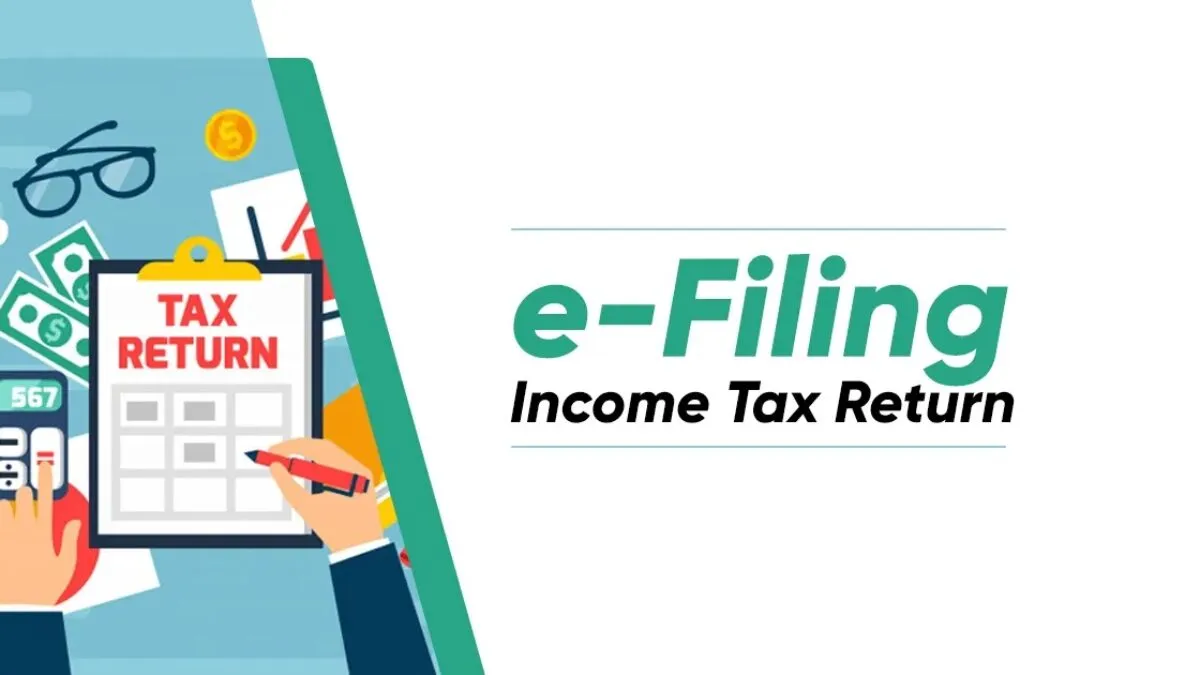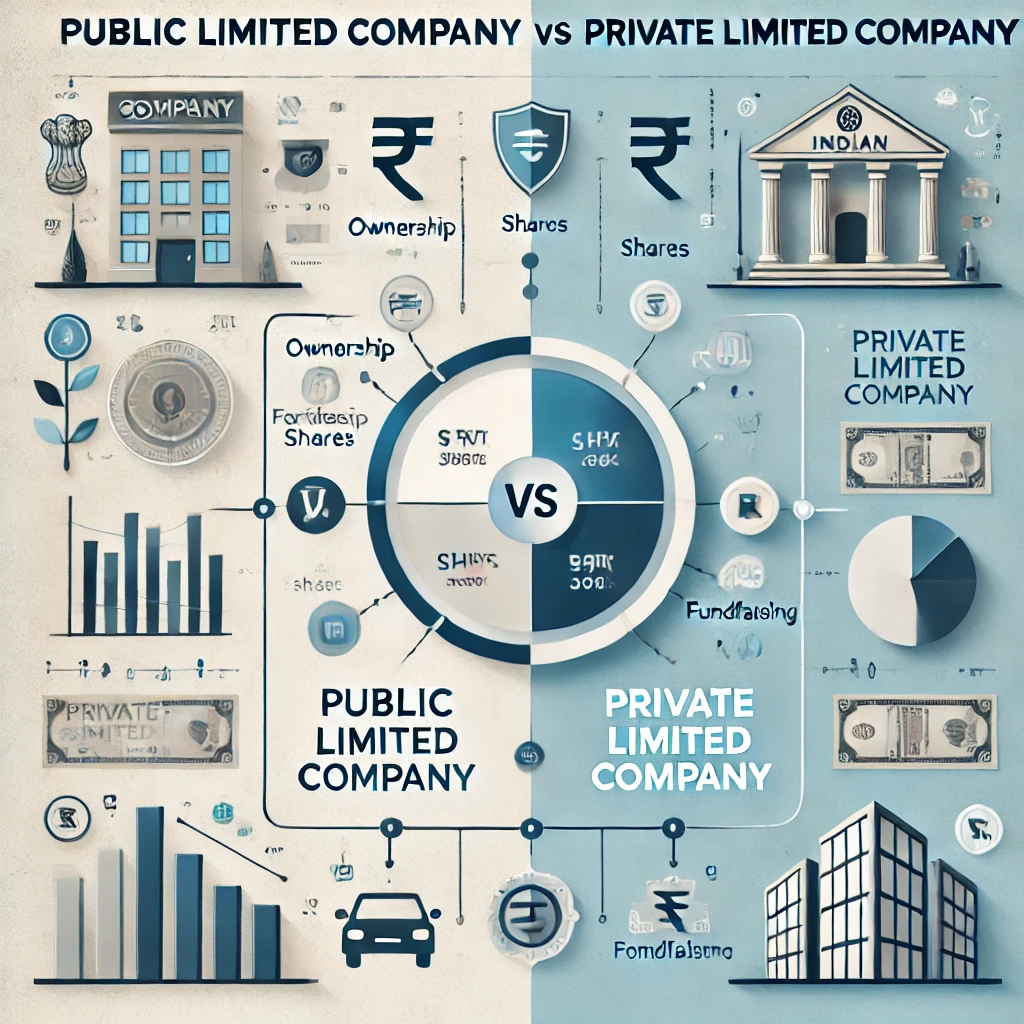


Filing income tax returns (ITR) is an annual obligation for every taxpayer, but it also presents an opportunity to explore various tax-saving options. With the onset of Assessment Year (AY) 2023-24, it's crucial to be aware of the latest tax-saving strategies and make the most of them. By taking advantage of these options, you can optimize your tax liability and potentially boost your savings. In this blog, we will discuss some of the top tax-saving options you can consider while filing your ITR for AY 2023-24.
1. Section 80C: Traditional and Time-Tested
Section 80C of the Income Tax Act offers several avenues for taxpayers to save taxes by investing in specified instruments. This section allows for deductions up to Rs. 1.5 lakh, which can significantly reduce your taxable income. Popular options under Section 80C include Public Provident Fund (PPF), Employee Provident Fund (EPF), National Savings Certificate (NSC), and tax-saving fixed deposits. Additionally, investing in Equity-Linked Saving Schemes (ELSS) provides the dual advantage of potential capital appreciation and tax savings.
2. Health Insurance and Medical Expenses
Medical expenses can be a significant drain on finances. However, certain provisions in the Income Tax Act allow taxpayers to claim tax benefits on health insurance premiums and medical expenses. Under Section 80D, premiums paid for health insurance policies for yourself, your family, or your parents are eligible for deductions. Additionally, expenses incurred on preventive health check-ups are also tax deductible.
3. Home Loan Benefits
If you have taken a home loan, you can avail of tax benefits under various sections of the Income Tax Act. Section 24(b) provides deductions on the interest paid on the home loan, while Section 80EEA offers an additional deduction on interest for first-time homebuyers. Moreover, Section 80C allows for deductions on the principal repayment of the home loan. By understanding and utilizing these provisions, you can substantially reduce your tax burden.
4. National Pension Scheme (NPS)
The National Pension Scheme (NPS) is a voluntary pension scheme that provides tax benefits under Section 80CCD(1B). This section allows for an additional deduction of up to Rs. 50,000 over and above the limit of Rs. 1.5 lakh provided under Section 80C. Investing in NPS not only helps you build a retirement corpus but also aids in tax planning.
5. Tax-Saving Fixed Deposits
Tax-saving fixed deposits (FDs) are another popular investment avenue for taxpayers. These FDs come with a lock-in period of five years and offer tax benefits under Section 80C. While the interest earned is taxable, the initial investment qualifies for deduction, helping individuals save on taxes.
Conclusion
As the financial year comes to a close, it is imperative to assess your tax-saving options while filing your ITR for AY 2023-24. The strategies mentioned above can help you reduce your tax liability and potentially increase your savings. Get into touch with our financial advisor or tax expert to ensure that you make informed decisions aligned with your specific financial goals and circumstances.
Online Income Tax Return Filing
Remember, tax planning should be an integral part of your overall financial planning process. By availing of the various tax-saving options available under the Income Tax Act, you can optimize your taxes and work towards building a secure financial future.
The due date for filing Income Tax Returns (ITR) varies depending on the type of taxpayer and their specific circumstances. Here are the general due dates for filing ITR in India:
1. For Individuals and Hindu Undivided Families (HUFs) not subject to tax audit:
- The due date for filing ITR for the assessment year 2023-24 (financial year 2022-23) is typically July 31, 2023.
- However, it's important to note that the government may announce extensions or changes to the due date, so it's advisable to stay updated with the latest notifications.
2. For Individuals and HUFs subject to tax audit or those required to submit a report under certain sections:
- The due date is usually extended by a few months from the regular due date. For AY 2023-24, the extended due date could be around September or October 2023.
- It's recommended to monitor any official announcements by the income tax department for the specific due date applicable in such cases.
3. For taxpayers who are required to furnish transfer pricing report:
- The due date for filing ITR, along with the transfer pricing report, is typically November 30 of the relevant assessment year.
4. For businesses and entities:
- The due date for filing ITR for companies, partnership firms, LLPs (Limited Liability Partnerships), and other entities may vary depending on their specific classification, turnover, and audit requirements.
- Typically, companies are required to file their ITR by September 30 of the relevant assessment year, while partnership firms and LLPs may have a due date similar to individuals subject to tax audit.
It's important to note that these due dates are subject to change based on government notifications and amendments to the Income Tax Act. It is advisable to regularly check the official website of the income tax department or consult with KNAP ADVISORY to stay updated on the latest due dates for filing ITR.

26 Nov, 2025

10 Sep, 2025


31 Aug, 2024

31 Aug, 2024

05 Apr, 2024

03 Jan, 2024

13 Dec, 2023

11 Dec, 2023

08 Dec, 2023

06 Dec, 2023

24 Feb, 2023
We have been especially crucial in ensuring startups are compliant with India's complex legal structure. We accept responsibility and obligation on behalf of the business owners and co-founders for adhering to all legal requirements. We strive to deliver a wide range of quick, effective, and compliance-focused services to any company or individual with a startup mentality. We are abide by our motto:- We Care, We Deliver, We Honor.